 John Fioravanti
John Fioravanti “The only thing that is going to save mankind is if enough people live their lives for something or someone other than themselves.” ~Leon Uris
Leon Uris (1924 – 2003) was an American Jewish writer from Baltimore, Maryland. During World War II, Uris served in the U.S. Marines, and that experience gave him the background and expertise to write his best-selling historical novel Battle Cry. He helped write the screenplay for the Hollywood movie that followed the book’s success.
As a high school student in the 1960s, I cultivated a keen interest in historical fiction and read just about everything written by Thomas Costain and Leon Uris. I admired Uris’ writing style and was quite surprised to discover that he never graduated from high school himself. I would never have guessed that he failed high school English courses three times!
Despite his abysmal record in academics, his life experiences and keen mind led him to deeply philosophical conclusions like the one quoted above. He saw just one way out of self-destruction for humankind, and that was to turn away from the individualism that had become narcissistic. Too many of us live our lives terribly self-absorbed and look upon others as allies who will help us to achieve our goals, or as rivals and foes. Either way, the focus is upon self.
The beauty and fashion industries feed off our apparent need to measure up to impossible standards of physical beauty. The fitness industry doesn’t advertise the achievement of good health as its primary purpose; no, we will feel better when we look better. The downside to this preoccupation with physical beauty is the psychological suffering it causes the less attractive people to inflict upon themselves.
When we are self-absorbed, we will naturally come into conflict with others who are also preoccupied with their well-being exclusively. On the larger scale, nations which cannot see past their national interest and feel no compunction to share the incredible wealth of Mother Earth with developing countries will find themselves in a constant state of warfare. Unenlightened self-interest breeds distrust and hatred, which results in violence.
In the Twentieth Century we just barely escaped mutual destruction in the Cold War. As economic realities led to the demise of Communism, we thought we were home free. We in the free West had won! One year into the new millennium witnessed another type of global war – a holy war – waged by Muslim extremists who unleashed global terrorism. The response of the West was to launch the War on Terrorism, and the first theatre of that war was Afghanistan.
My life experience has taught me that there are individuals and organisations who live by these words by Leon Uris. They live and breathe and work for the well-being of others as they help the people of poorer nations by bringing them education, medical provisions, and teaching them how to feed and fend for themselves.
I heard a statistic today that sent cold shivers down my spine. The eight wealthiest individuals in the world together represent more wealth than the poorest 50% of the population of the world. I am dumbfounded! It is the wealthy that are directing the decision-making of the most powerful governments in the world. How can this translate into world peace?
Many of us wondered back in November how a man like Donald Trump could be elected to the U.S. Presidency? Within the States, the desire for substantial change was undeniable, and Trump was the one most likely to deliver. As I think about that, I wonder how substantive his changes will be when he is among the very wealthy. I’m sure many of his supporters will be sorely disappointed.
A theme I often come back to is that we are delusional if we think that significant change will be led by our elected governments. Leon Uris puts the responsibility right back into the hands of the individual “… if enough people live their lives for something or someone other than themselves.” The question remains, will these kinds of selfless persons be influential enough to direct government policy? I hope so because the future of humanity depends upon it.
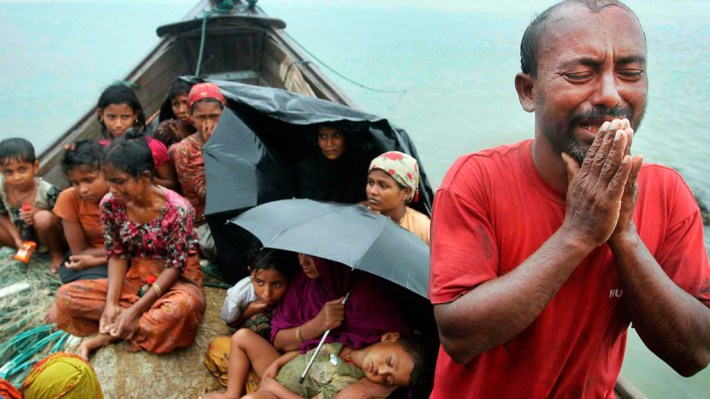

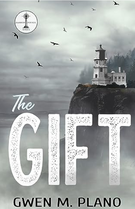


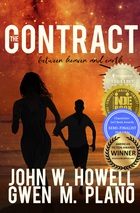
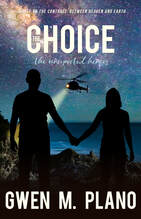
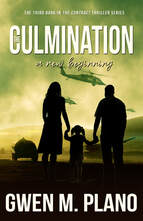
 RSS Feed
RSS Feed